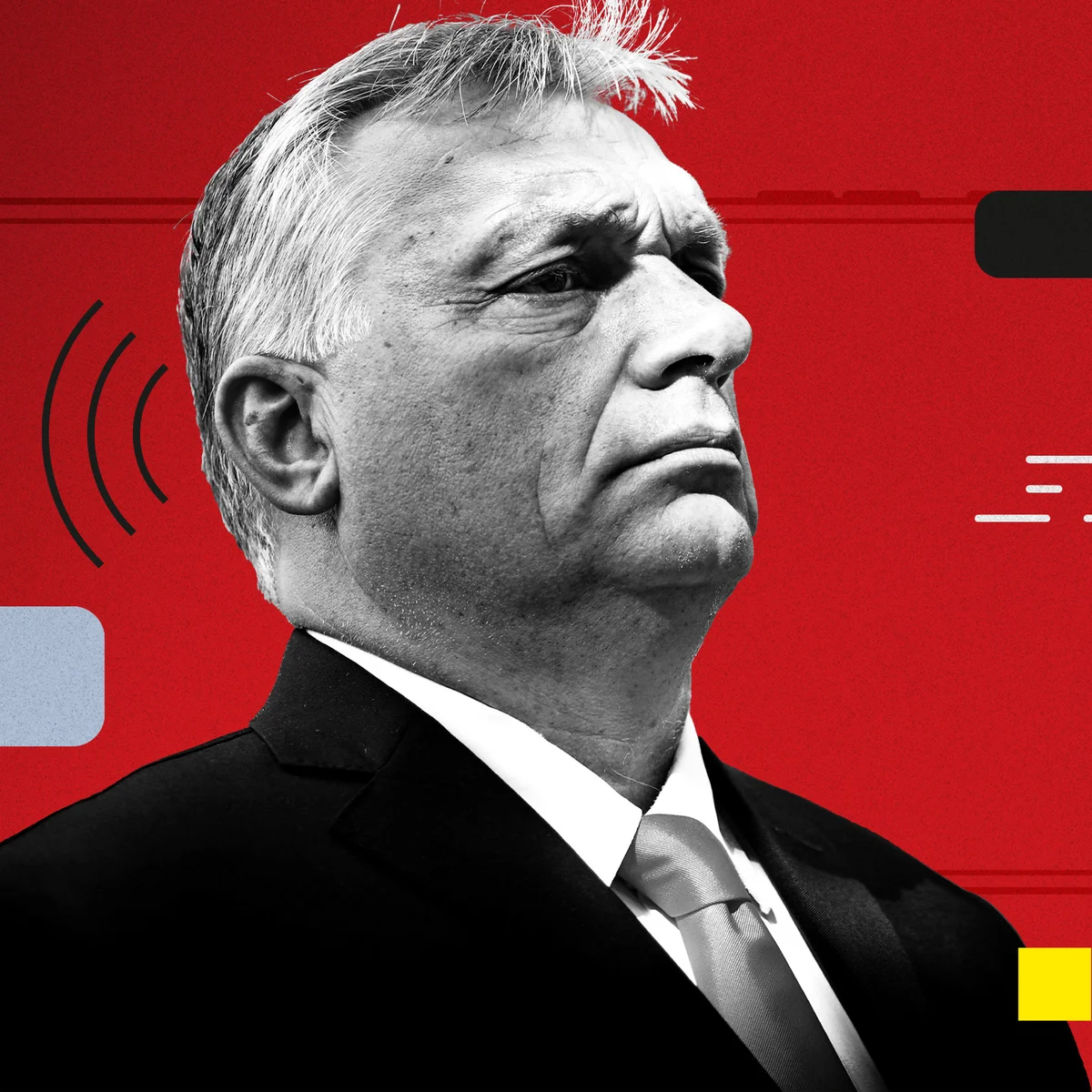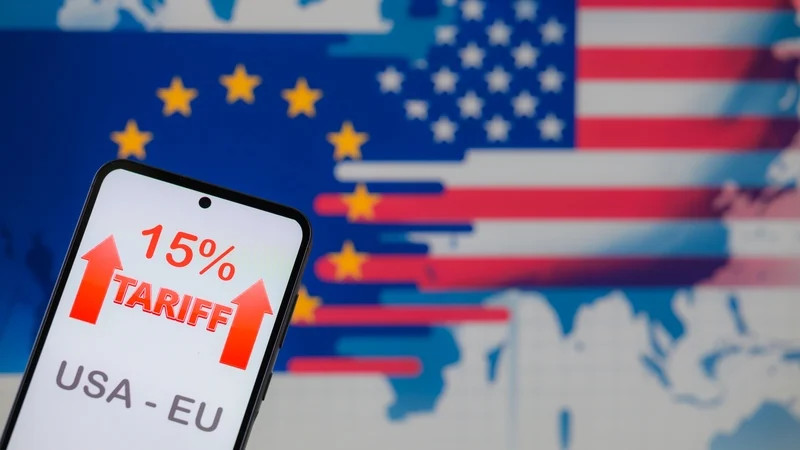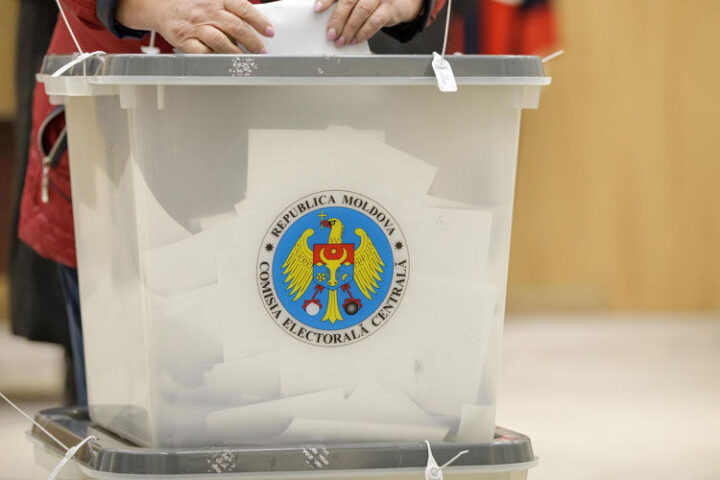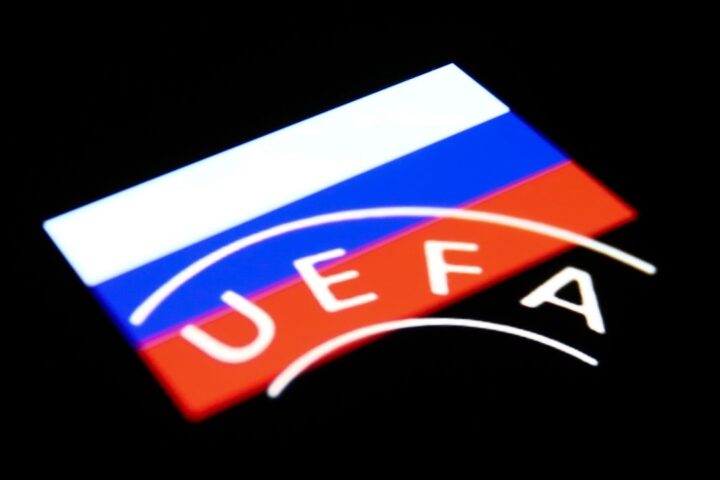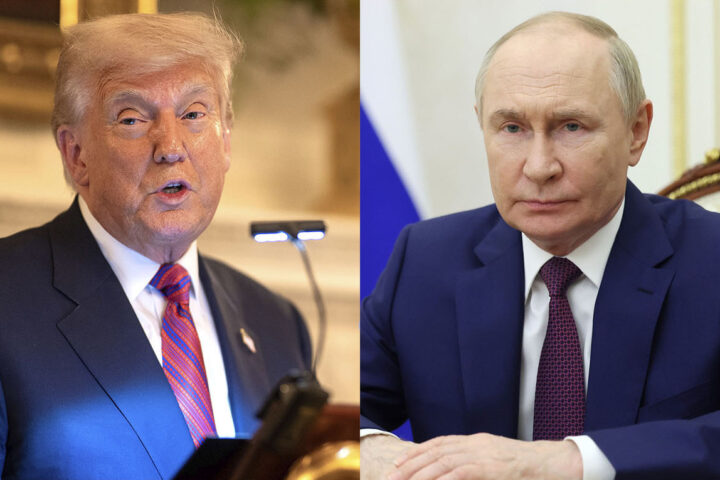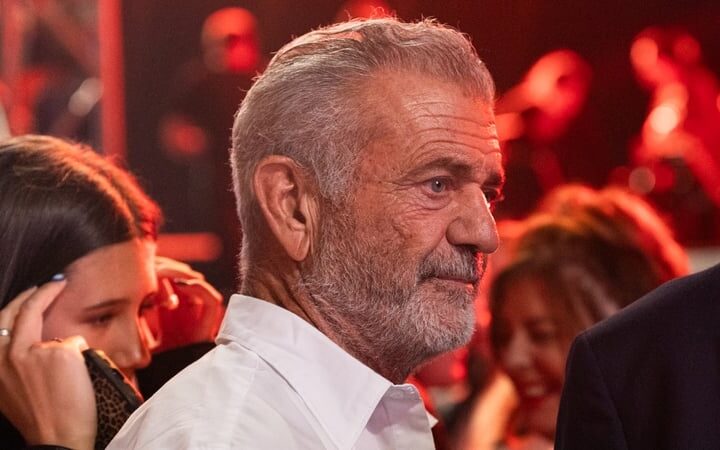Hungary’s political elite is once again under the spotlight – not for defending democratic values, but for allegedly engaging in covert espionage against Ukraine. In March 2025, President Volodymyr Zelensky revealed that Hungarian intelligence had operated an active spy network in Zakarpattia, collecting data on Ukrainian air defence systems and military bases.
But rather than respond with transparency or even feigned concern, Budapest opted for a tactic familiar to authoritarian regimes: a cloud of deflection, conspiracy, and distraction.
Allegations, Evidence – and Silence
According to Ukrainian intelligence services, agents of the KNBSZ (Hungarian Internal Security Agency) had been gathering sensitive data since 2021. Most recently, on 25 March 2025, they reportedly attempted to pass on new findings, including information about S-300 systems and public attitudes toward potential Hungarian “peacekeepers”.
Crucially, Ukrainian officials have in their possession photographic and video evidence, as well as intercepted messages from agents. Yet in response, Hungarian officials Zoltán Kovács and Péter Szijjártó dodged the facts entirely.
Instead of denying or addressing the accusations directly, they launched rhetorical attacks on Ukraine, accusing Zelensky of plotting to install a “puppet government” in Hungary to funnel money back to Kyiv. The phrase “2026 will decide whether Hungary stays sovereign or falls to pro-Ukrainian marionettes” says everything about their chosen narrative.
No mention of espionage. No mention of facts.
A Familiar Script of Deflection
This conspiratorial deflection isn’t new for Viktor Orbán’s government. Back in 2018, when Hungary was caught distributing passports to ethnic Hungarians in Zakarpattia, it didn’t apologise – it launched a media offensive against Kyiv. The playbook remains the same in 2025, only the stakes are even higher now, amid a full-scale war.
The absurdity? Hungary accuses Ukraine of meddling in its elections, despite its own long record of interfering in Ukrainian internal affairs – from funding Hungarian-language political projects, to advocating for ethnic autonomyand fomenting division.
Orbán’s Hungary has long treated its neighbour not as a partner, but as a protectorate in waiting – and is now trying to recast its assertive interference as some kind of defensive response.
Weaponising Fear for Political Gain
Simultaneously, this scandal is being used to discredit Hungary’s domestic opposition, especially the rising Tisza party, which has gained ground ahead of the crucial 2026 elections. By labelling any political force not aligned with Orbán as “pro-Ukrainian” or foreign-controlled, the regime stokes fear and paranoia, effectively warning voters: dissent equals treason.
Statements like “Hungary supports peace” or “we don’t send weapons to Ukraine” aren’t examples of neutral diplomacy. They are excuses for strategic submission to Russian influence – a position that endangers not only Ukraine’s future but also the unity of the European Union.
While Hungary blocks EU financial aid to Kyiv, spreads pro-Russian talking points, and plays the pacifist card for sympathy, it simultaneously engages in backroom espionage and diplomatic sabotage.
Authoritarian Playbook in Plain Sight
The espionage scandal acts as a revealing litmus test of Orbán’s political regime. What should have prompted inquiry and self-reflection has instead unleashed a wave of blame-shifting and conspiracy-mongering.
Rather than dialogue, there are accusations. Instead of transparency, we see fear tactics and political purges. Hungary has positioned itself not as a reliable European partner, but as a regime that uses spying as diplomacy and fear as governance.
This isn’t just about Ukraine anymore. It’s a warning for Europe.
